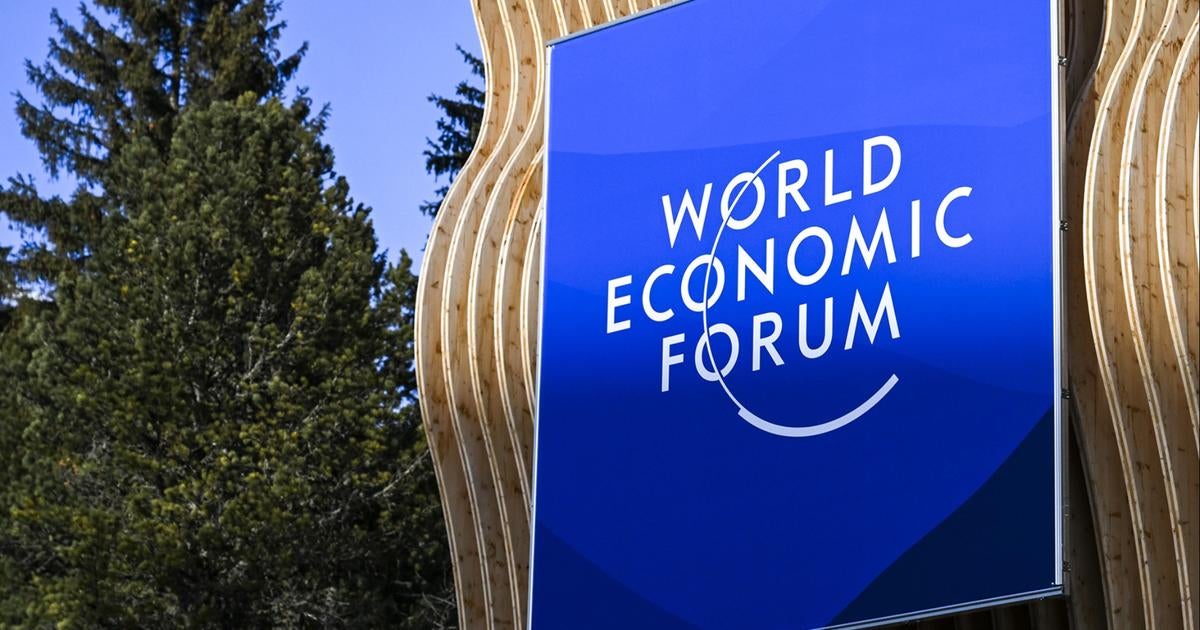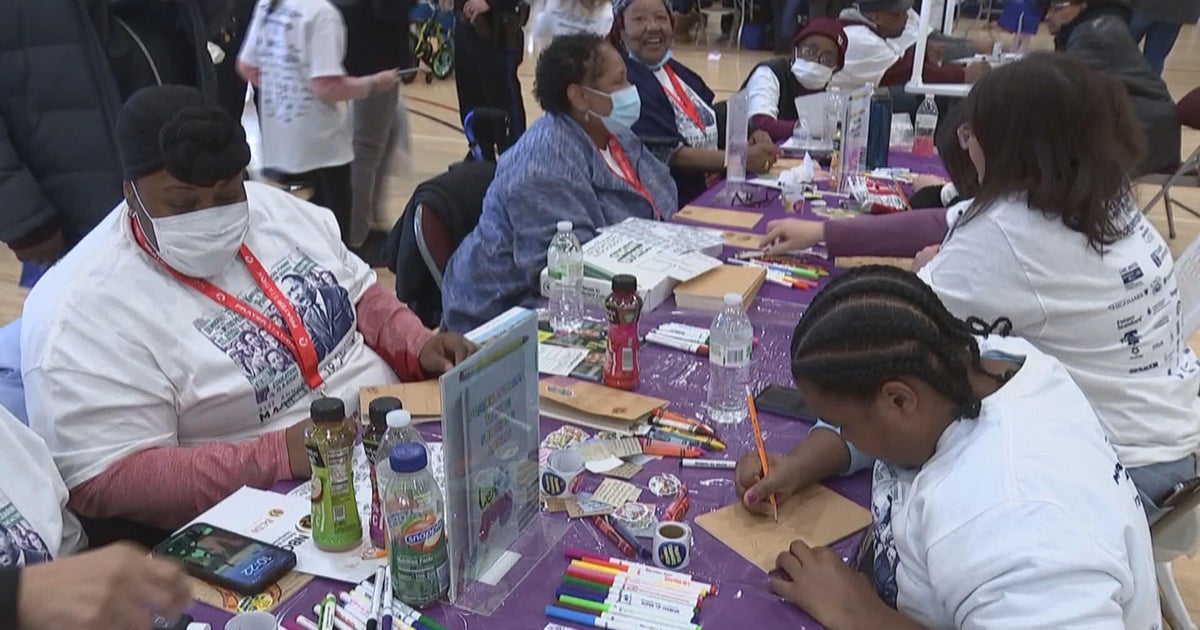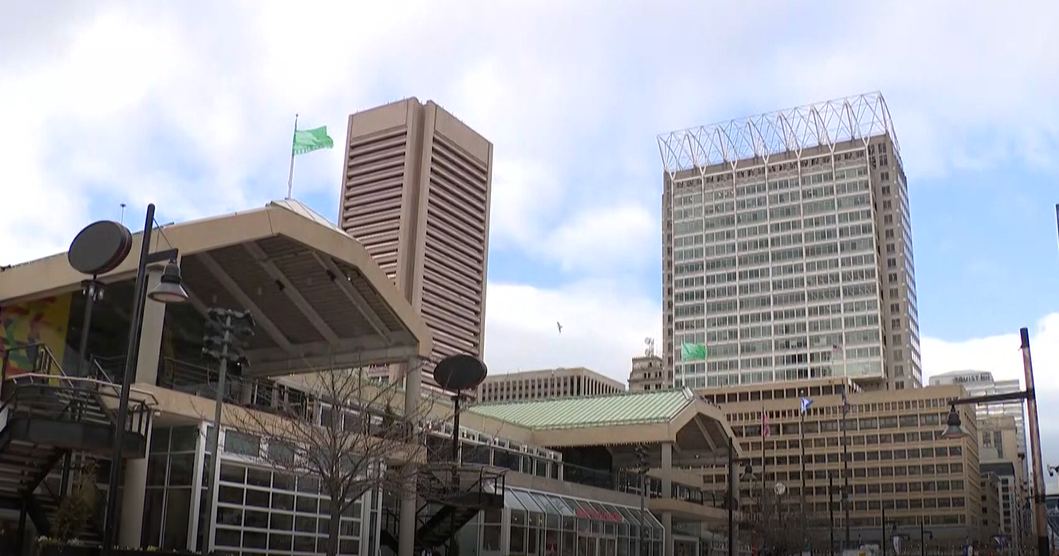Racism has cost the U.S. $16 trillion, Citigroup finds
America could have been $16 trillion richer if not for inequities in education, housing, wages and business investment between Black and White Americans over the past 20 years, new research concludes.
The study, released this week by Citigroup, is the latest in a body of research that attempts to quantify the economic impact of systemic racism. Citigroup arrived at its $16 trillion figure after estimating that:
- Black workers have lost $113 billion in potential wages over the past two decades because they couldn't get a college degree.
- The housing market lost $218 billion in sales because Black applicants couldn't get home loans.
- About $13 trillion in business revenue never flowed into the economy because Black entrepreneurs couldn't access bank loans.
What's more, the U.S. could have $5 trillion in gross domestic product over the next five years if those gaps and others were closed today, the study indicated.
"Racial inequality has always had an outsized cost, one that was thought to be paid only by underrepresented groups," Citigroup Banking Chair Raymond McGuire said in a statement. "What this report underscores is that this tariff is levied on us all."
Federal Reserve data show that White households' net worth grew 43%, to $61,200, between 1995 and 2016, while it remained flat at $35,400 for Black families. Moody's Investor Service found that 44% of Black households owned their homes in 2019, compared with 74% of white households.
The study also highlights the "real costs of long-standing discrimination against minority groups, especially against Black people and particularly in the U.S.," Citigroup economist Catherine Mann said in a statement.
A McKinsey study released last year explored how these and other inequities have reduced the nation's wealth. The nation's GDP — the total value of goods and services — could be up to 6% higher by 2028 if the racial wealth gap is closed, the consulting firm concluded. Lawmakers must pass targeted policies that boost household income for Black Americans in order to address the issue, McKinsey said.
"The country has over a trillion dollars to gain from the effort," the McKinsey study concluded.
Incarceration rates among Black Americans, voter suppression efforts and conscious bias in hiring all play a role in hindering the U.S. from making strides in closing this gap, Citigroup said.
Separately, the financial giant on Wednesday said it would direct $1 billion toward helping close the racial wealth gap, including investing $550 million over the next three years in encouraging homeownership for people of color. Another $50 million will go toward capital investments for Black entrepreneurs.





